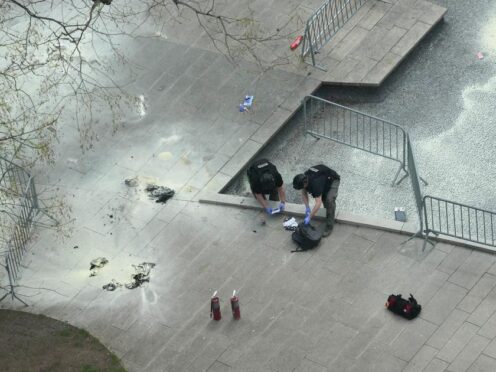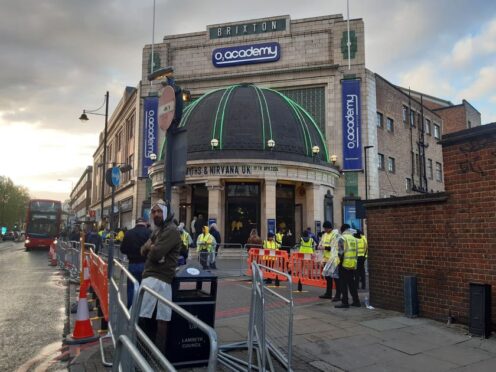Holidaymakers looking to beat the January blues by booking a getaway are being warned to watch out for villa scams which can result in victims losing thousands of pounds.
Barclays said more than a third (37%) of reported villa scams result in losses of between £1,000 and £5,000.
Its figures come from customers who have reported such scams directly to Barclays.
Holiday villa scams can happen when criminals hijack the details of overseas villas, or use fake details, to trick unsuspecting holidaymakers into transferring them some money.
Barclays’ research found that in 59% of reported cases, the victims were women.
More than a third (36%) of victims were aged 30 to 44.
Ross Martin, Barclays’ head of digital safety, said: “Trying to escape those January blues may seem like an appealing prospect, but fraudsters are preparing to take advantage of sunseekers at this time of year.
“We must all be aware of the risks and make sure we are carrying out proper safety checks to ensure our online security and enjoy a scam-free holiday.”
As well as looking at its own data on villa scams between April and October 2017, Barclays also surveyed more than 2,000 consumers.
It found that more than half (55%) of people said they would not be put off booking a holiday even if it seemed “too good to be true”.
Some 14% would still book holiday accommodation despite knowing there was a risk of being scammed, and a quarter (26%) would be prepared to put themselves at risk just in the hope of bagging a summer bargain.
Barclays also found 43% would not hear alarm bells if they were asked to pay for a holiday via bank transfer, and less than half (45%) would check their booking is with a member of a consumer protection scheme trade body, such as Abta, leaving them susceptible to having less protection if something goes wrong.










